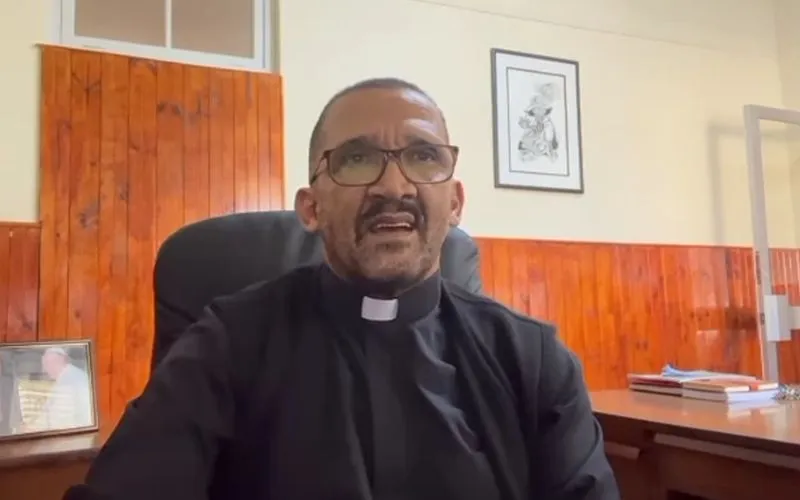The pope warned that a culture of “haste” can prevent us from stopping to care for others. He added that Jesus’ parable of the Good Samaritan “continues to challenge each of us in the here and now of our daily lives.”
“It is easy to delegate charity to others, yet the calling of every Christian is to become personally involved,” Pope Francis said.
The pope noted that youth are particularly vulnerable to cultural changes that have led people to “disregard anything that is unpleasant or causes suffering and exalt physical qualities as if they were the primary goal in life.”
“We are living in times that are not particularly sensitive to the needs of the poor. The pressure to adopt an affluent lifestyle increases, while the voices of those dwelling in poverty tend to go unheard,” he said.
Pope Francis established the World Day of the Poor in 2016 at the end of the Catholic Church’s Jubilee Year of Mercy. The day is celebrated each year on the 33rd Sunday of Ordinary Time, a week before the feast of Christ the King.
The seventh World Day of the Poor will be celebrated on Nov. 19 with the theme “Do not turn your face away from anyone who is poor,” taken from the Book of Tobit 4:7.
In the message, signed on the June 13 feast day of St. Anthony of Padua, the pope highlighted how “dramatic price increases” have further impoverished many families.
“If a family has to choose between food for nourishment and medical care, then we need to pay attention to the voices of those who uphold the right to both goods in the name of the dignity of the human person,” he said.
Pope Francis also lamented problems affecting workers, including “the inhumane treatment meted out to many male and female laborers; inadequate pay for work done; the scourge of job insecurity; and the excessive number of accident-related deaths, often the result of a mentality that chooses quick profit over a secure workplace.”
“We are reminded of the insistence of St. John Paul II that ‘the primary basis of the value of work is man himself… However true it may be that man is destined for work and called to it, in the first place, work is ‘for man’ and not man ‘for work,’” he said, quoting John Paul II’s encyclical Laborem Exercens.








